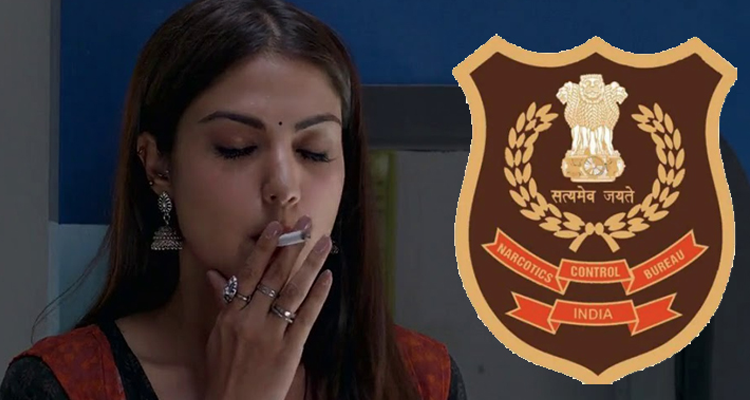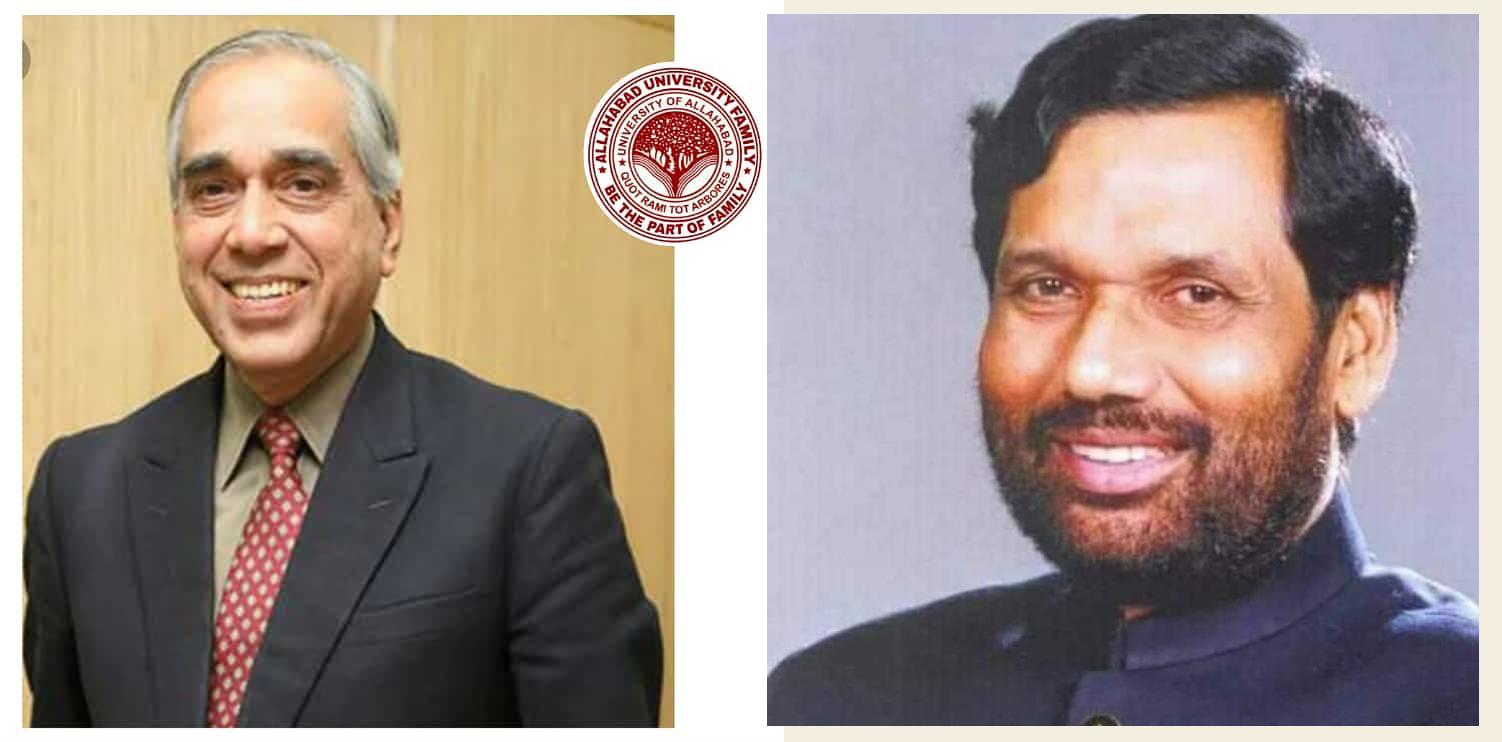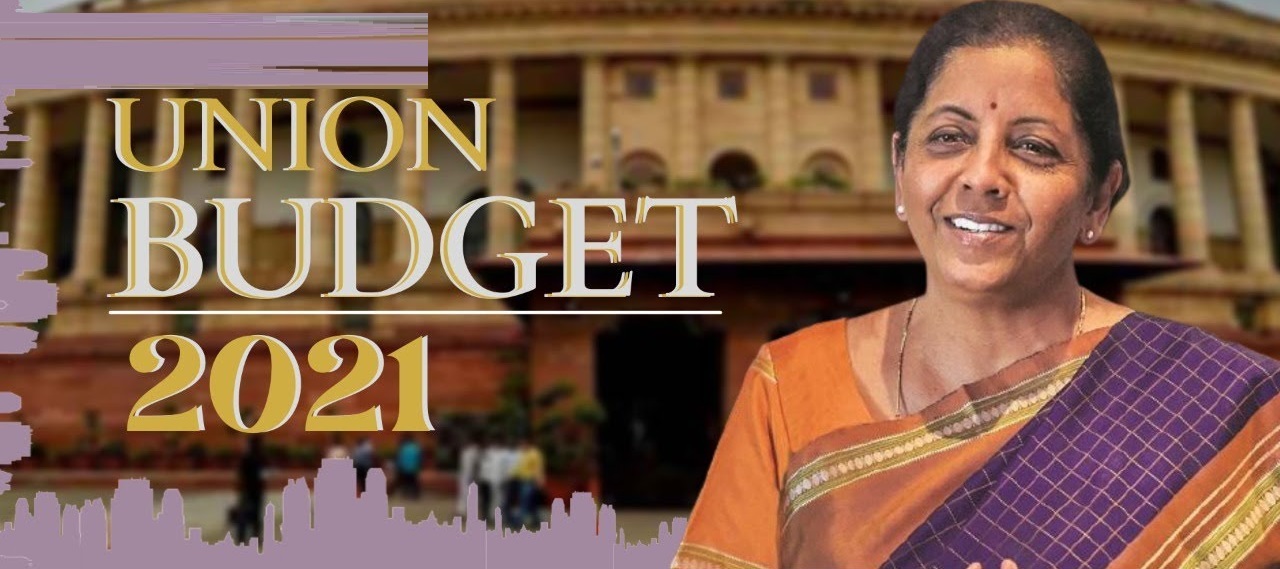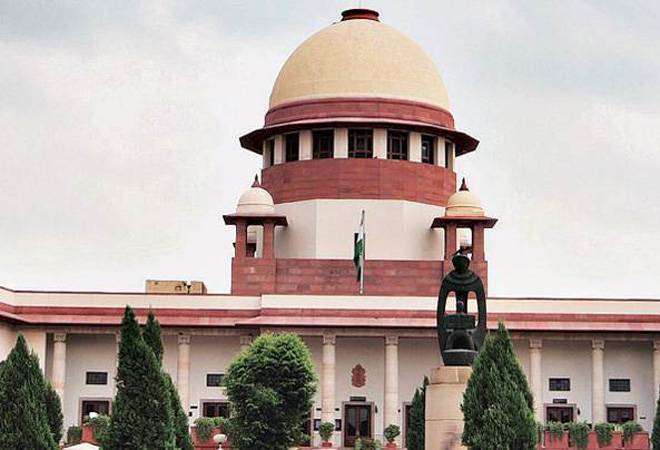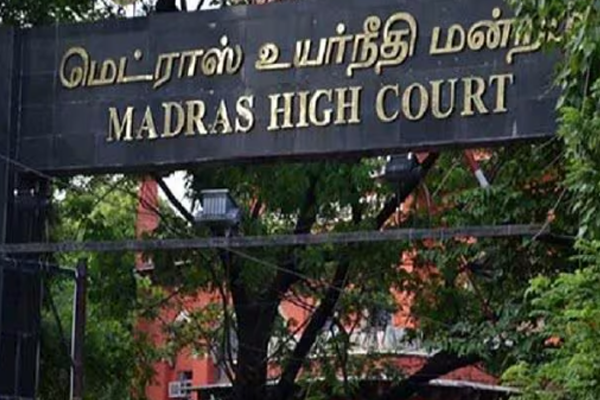
Hindu Marriage Act and Family Courts Act prohibit appeals of interim maintenance orders: Madras
Only criminal revision petitions under Article 227 of the Constitution may be used to challenge such orders of interim maintenance, according to a bench of Justices M Sundar and K Govindarajan Thilakavadi.
According to a recent decision by the Madras High Court, maintenance orders issued by family courts under pendente lite or temporary measures are not appealable to the High Court under Sections 19 and 28 of the Family Courts (FC) Act or the Hindu Marriage (HM) Act.
Judges M Sundar and K Govindarajan Thilakavadi's bench ruled on March 21 that only criminal revision petitions under Article 227 of the Constitution may be used to challenge such decisions of interim maintenance.
The High Court ruled that temporary decisions issued by family courts concerning the payment of court costs and ongoing monthly support were considered to be "interlocutory orders." It stated that as a result, neither Section 19 of the FC Act nor Section 28 of the HM Act may be used to challenge them.
In this regard, the Court noted that subsection (1) of Section 19 of the FC Act clarifies that an appeal must not be filed against an interlocutory order in order for it to fall under its purview.
The High Court stated, "With regard to Section 28 of HM Act, appeal lies against decree (Section 2(2) of 'the Code of Civil Procedure, 1908 (5 of 1908)' [hereinafter 'CPC' for convenience]) and not against an order (Section 2(14) of CPC), except orders under Sections 25 and 26 of HM Act, and that also if such orders are not interim orders."
Two appeals filed by opposing parties, a husband and his divorced wife, were being heard by the court.
The husband filed a challenge against an interim order that gave his wife support to pay for monthly bills and court costs while their divorce was still underway at an Erode family court. However, the wife contested the same ruling, arguing that she was entitled to a higher sum.
Under Section 19 of the FC Act, the husband and wife had both filed civil miscellaneous applications (CMA).
However, throughout the proceedings, the attorneys representing the parties and the Court became aware of conflicting rulings from many High Courts about the maintainability of such CMAs. It was observed that even the Supreme Court had not yet offered a definitive response on this matter.
As a result, the High Court grouped several cases that were comparable and asked the following query:
Because subsection (1) of Section 19 of the Family Courts Act, 1984 states that the order "not being an interlocutory order," is it possible to maintain statutory appeals under that section against the impugned orders?
In order to help it respond to this query, the Court also named an amicus curiae.
The Court realized during later proceedings that it also needed to determine whether an award of interim maintenance or an order for pendente lite maintenance under Section 24 of HM Act would be subject to a statutory appeal under Section 28 of HM Act.
Examining the "Desideratum (meaning, the need for something) of the expression 'not being an interlocutory order' in Sub section (1) of Section 19 of The Family Courts Act, 1984" was the central task of this exercise, according to the Court.
In the end, the Court decided that phrases and expressions used in the FC Act that are not specified in the FC Act would mean the same thing as their equivalent terms in the Code of Civil Procedure (without definition).
This relates to FC Act section 2(e). Thus, the High Court explained, "The terms 'judgment', 'order', and 'decree' that appear in Section 19(1) of FC Act but are not defined in FC Act must necessarily be accorded the meaning as in Section 2(9), 2(14), and 2(2) of CPC, respectively.
Pendente lite or interim orders were determined by the Court to be interlocutory orders. As a result, it decided that HM Act-passed temporary orders would not be subject to HM Act appeals.
"An appeal will not lie under Section 28 of the Hindu Marriage Act or under Section 19 of the Family Courts Act against an order of interim maintenance / pendente lite maintenance made under Section 24 of The Hindu Marriage Act," the High Court declared.
The Court did clarify, however, that such interim rulings could be challenged before the High Court by submitting a revision plea under Article 227 of the Indian Constitution, which deals with the High Courts' superintendence over other courts.
"An order of interim maintenance or pendente lite maintenance made under Section 24 of the Hindu Marriage Act is only for a period of time, it can be reviewed / varied and it is an interlocutory order,” the Court held. "A revision under Article 227 of the Constitution of India will lie to this Court against an order of interim maintenance / pendente
lite maintenance made by a regular civil court or a Family Court."
JUDGEMENT
Your free access to Supreme Law News has expired
For further details contact:
Dr. Ajay Kummar Pandey
( LLM, MBA, (UK), PhD, AIMA, AFAI, PHD Chamber, ICTC, PCI, FCC, DFC, PPL, MNP, BNI, ICJ (UK), WP, (UK), MLE, Harvard Square, London, CT, Blair Singer Institute, (USA), Dip. in International Crime, Leiden University, the Netherlands )
Advocate & Consultant Supreme Court of India, High Courts & Tribunals.
Delhi, Mumbai & Dubai
Tel: M- 91- 9818320572. Email: editor.kumar@gmail.com
Website:
www.supremelawnews.com
www.ajaykr.com, www.4Csupremelawint.com
Facebook: /4Clawfirm, /legalajay Linkedin: /ajaykumarpandey1 Twitter: /editorkumar / YouTube: c/4cSupremeLaw Insta: /editor.kumarg
Telegram Channel
Whatsup Channel


